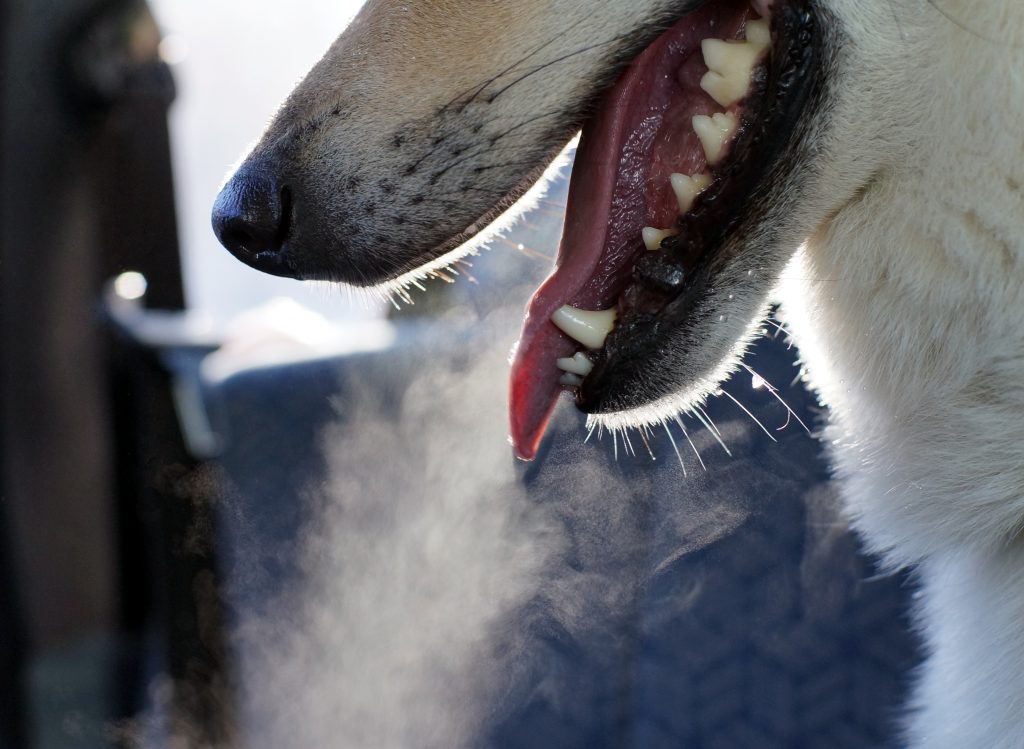Marijuana Toxicity in Pets
 Pot, weed, Mary Jane…no matter what you call it, marijuana needs no introduction, especially to Colorado residents. Medical marijuana became legal in Colorado in 2000, and in November of 2012, voters approved an amendment to the state constitution to legalize marijuana for recreational use. In January of 2014, the approved amendment became law.
Pot, weed, Mary Jane…no matter what you call it, marijuana needs no introduction, especially to Colorado residents. Medical marijuana became legal in Colorado in 2000, and in November of 2012, voters approved an amendment to the state constitution to legalize marijuana for recreational use. In January of 2014, the approved amendment became law.
Since marijuana use was first legalized, veterinarians across Colorado have seen a dramatic increase in cases of marijuana toxicity in pets. In fact, a Colorado-based study published in the Journal of Veterinary Emergency and Critical Care showed that the number of pets treated for marijuana poisoning quadrupled between 2005-2010. After the 2014 implementation of the recreational use law, our own veterinarians saw an uptick in the number of marijuana toxicity cases they were treating at our facility.
The Effects of Exposure on Pets
According to the Pet Poison Helpline, marijuana poisoning poses a moderate to severe risk in pets, depending on the type and extent of exposure, as well as the quantity of marijuana consumed. Pets are commonly exposed to marijuana via:
- Inhalation of smoke (pet birds can die from exposure to marijuana smoke)
- Ingestion of plant material — dried or undried
- Ingestion of marijuana-based edibles (brownies, cookies, candy, butter, etc.)
Because pets, particularly dogs, are drawn to people food and will seek it out, marijuana edibles are of particular concern.
Not only are marijuana-based food products both potent and harmful sources of THC (the active ingredient in pot), baked goods may also contain other ingredients that are toxic to pets, such as chocolate or Xylitol.
Marijuana Toxicity in Pets: Signs and Symptoms
Clinical signs of marijuana poisoning in pets can occur within minutes to hours of exposure and last for a few hours to several days. Symptoms include:
- Glassy eyes/dilated pupils
- Stumbling/loss of coordination & balance
- Listlessness
- Loss of appetite
- Slow heart rate/rapid heart rate
- Hypothermia
- Vomiting
- Urinary incontinence/urine dribbling
- Excitement or agitation (in about 25% of pets)
- Tremors
- Seizures
- Coma
- Death
If you know or suspect that your pet has been exposed to marijuana, please call us or bring your pet in immediately. If outside of our regular business hours, take your pet to the nearest animal ER. Do not wait, as a pet’s exposure to marijuana can be fatal.
Since there is no antidote for marijuana toxicity in pets, treatment is largely supportive and may include IV fluids, use of activated charcoal, and medications to control vomiting, seizures, or other symptoms. The sooner you act, the better for your pet.
The health and safety of your pet is our top priority at Lone Tree Veterinary Medical Center. We are not here to judge you or get you into trouble, so if you believe your pet has been poisoned by marijuana exposure, please don’t be afraid to tell us about it. Your honesty will give your pet the best chance of making a complete recovery from marijuana poisoning.
Protecting Your Pet
Protecting your pet from the effects of marijuana toxicity is as simple as keeping pot and pot products stored out of their reach, and always supervising pets when out on a walk, hike, or at a party.
Please reach out to us with any questions or concerns you may have regarding marijuana toxicity in pets.



